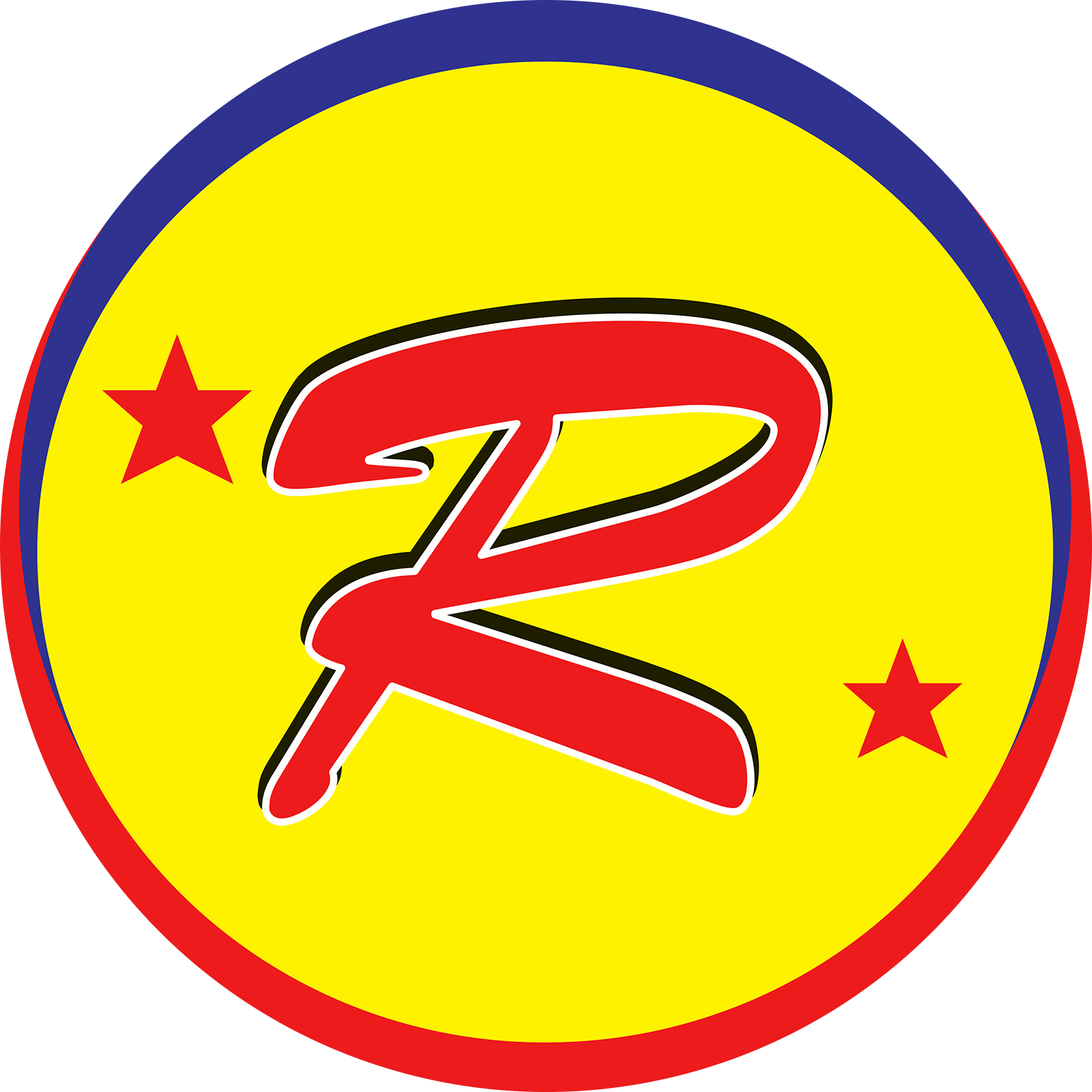When it comes to borrowing money, it’s crucial to understand the type of loan you need. For individuals and businesses alike, loans can provide the necessary financial support to achieve goals, whether it’s for personal expenses or expanding a business. However, the purpose, requirements, and terms of personal loans and business loans can vary significantly. In this blog post, we’ll explore the key differences between these two types of loans and help you determine which one might be right for your needs.
What is a Personal Loan?
A personal loan is typically an unsecured loan taken by an individual for personal use. These loans can be used for a variety of purposes, such as consolidating debt, paying for medical expenses, funding a wedding, or even covering home repairs. The main features of personal loans include:
- Loan Amount: Personal loans are generally smaller in size compared to business loans. Depending on the lender, you might be able to borrow anywhere from a few hundred to tens of thousands of dollars.
- Interest Rates: Personal loans may have higher interest rates than business loans, especially if the borrower has a lower credit score.
- Repayment Terms: Loan terms usually range from 1 to 7 years, with fixed monthly payments.
- Unsecured: Many personal loans don’t require collateral, meaning that the lender cannot seize property if the borrower defaults.
What is a Business Loan?
A business loan is designed specifically to help businesses cover various expenses such as equipment purchases, working capital, expansion, or inventory. Business loans can be either secured or unsecured, depending on the lender and the type of loan. Some key characteristics of business loans include:
- Loan Amount: Business loans can range from a few thousand dollars to millions of dollars, depending on the size and needs of the business.
- Interest Rates: Business loans generally have lower interest rates than personal loans, especially for established businesses with a strong credit profile.
- Repayment Terms: Terms can vary widely, but business loans may offer longer repayment periods, sometimes up to 10 years or more.
- Secured or Unsecured: While unsecured business loans are available, many business loans are secured, requiring collateral such as property, inventory, or equipment.
Key Differences Between Personal Loans and Business Loans
- Purpose of the Loan
- Personal Loan: Used for personal, non-business related expenses.
- Business Loan: Specifically for business-related expenses such as expansion, equipment purchase, or working capital.
- Eligibility Criteria
- Personal Loan: Based mainly on your credit score, income, and financial history. Lenders may not consider your business performance or business credit.
- Business Loan: Lenders evaluate both personal credit and business financials. This could include revenue, business credit score, and the potential for business growth.
- Loan Amounts
- Personal Loan: Typically smaller, ranging from a few hundred to tens of thousands of dollars.
- Business Loan: Larger loan amounts, with some loans reaching several hundred thousand or even millions of dollars.
- Interest Rates
- Personal Loan: Higher interest rates, especially if unsecured or for individuals with lower credit scores.
- Business Loan: Typically lower interest rates, especially for established businesses with solid financials.
- Collateral
- Personal Loan: Often unsecured, meaning no collateral is required.
- Business Loan: May be secured, requiring business assets as collateral. However, unsecured business loans are also available but might come with higher rates.
- Repayment Terms
- Personal Loan: Shorter repayment periods, often between 1 to 7 years.
- Business Loan: Longer repayment periods, which could extend up to 10 years or more, depending on the lender and loan amount.
When Should You Choose a Personal Loan?
A personal loan might be the best option if you need quick access to funds for personal reasons and don’t have an immediate need for collateral. Examples include:
- Paying for medical bills
- Home improvement projects
- Debt consolidation
- Weddings or major life events
If you have a strong personal credit score and can repay the loan within a reasonable time frame, a personal loan can be a simple and cost-effective solution.
When Should You Choose a Business Loan?
A business loan is ideal if you need capital for your company to grow or cover operational costs. If your business is established and generating revenue, you may qualify for a business loan to cover:
- Equipment purchases
- Expansion costs
- Payroll or operating expenses
- Marketing campaigns
- Inventory and supply costs
If your business is still in its early stages, you may need to provide a solid business plan, projections, and sometimes collateral to secure the loan.
Conclusion
Both personal loans and business loans offer distinct advantages, but understanding the key differences is essential to choosing the right option for your needs. If you are borrowing for personal reasons, a personal loan may be more appropriate. However, if your goal is to fund a business venture or expansion, a business loan would likely be your best bet.
At Rsen, we offer tailored loan solutions to meet both personal and business needs. Whether you’re looking to consolidate debt, fund a major purchase, or grow your business, our team is here to help you navigate the process and find the best financing options available.
Contact us today to learn more about your loan options!
About
At Rsen , we provide a variety of lending solutions for both individuals and businesses. With competitive rates, flexible terms, and a simple application process, we are here to help you achieve your financial goals. Whether you need personal financing or business capital, our team is ready to guide you through the loan process and ensure a smooth experience from start to finish.
